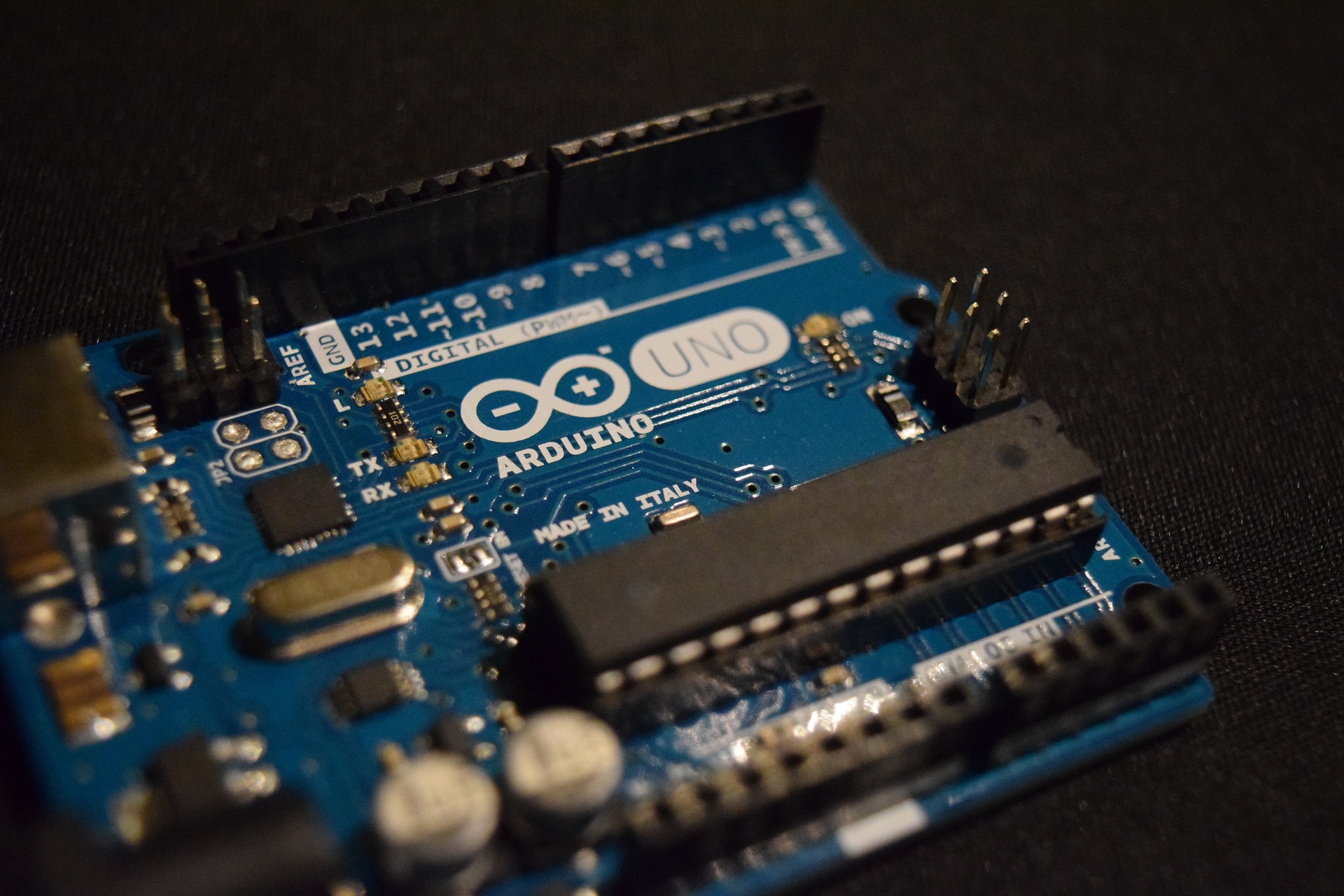I hold the proud record of being one of the first people in Europe to be sacked from McDonalds. I know what you’re thinking: Good for McDonalds and, anyway, what’s that got to do with the future of Chatbots? Well, these two events are inextricably linked.
My sacking from McDonalds in Croydon, which was only the second store in Europe, was linked to my British lack of social skills. I was working illegally, but the manager told me to keep it under my happy hat. I did, until the head of Europe made a visit. Being foreigner he was so much friendlier and chattier than we locals so I immediately opened up to him. When he asked how old I was, I answered honestly. “I’m 15. But don’t tell anyone,” I said, to the one man I shouldn’t have told.
My inherent lack of social interaction judgment let me down.
Decades later, we humans still haven’t cracked friendly helpful customer service. Which is a pity, because I feel I’m just getting the hang of it. But it’s too late now, as the robots are taking over.
There’s are vast fortunes at stake in messaging which is why Facebook paid $19 billion for WhatsApp. Meanwhile, in a parallel development, the Internet of Things is rocketing up on a similar trajectory. When these two unstoppable supersonic forces meet, there’ll be a ground shaking explosion of energy and a fusion that will shower the earth with the next all-conquering breed of app: the chatbots.
Chatbots will do all the thing we could do, but don’t. They can do all the support and call centre functions automatically, without getting angry or impatient or dismissive of the customers.
Once, you needed to hire a resentful human to make customers endlessly repeat their passwords, dates of birth and genetic sequencing. Now a machine can take all your personal life details. Which makes logical sense. Robots are just intelligent enough to do their job but haven’t quite started questioning the meaning of life and whether they should steal some money and go on a spending spree.
Honest chatbots will be able to do all the regular jobs far quicker and cheaper.
If you can’t beat the chatbots, you might as well get behind them, as they have a fantastic future and, god bless them, they are crying out for some humans to
create them. So they’re not taking our jobs, they’re creating opportunities for us. But how do you develop a chat bot? Don’t ask me, I got sacked from McDonalds.

Here’s a summary of what 20 years industry veteran Joe Gagnon, now chief customer officer at Aspect Software, says in VentureBeat.
Manage expectations, says Gagno, who has experience of this at IBM, E&Y and Exit41. Many failures are a result of trying to do too much. Don’t try to be the
Google search of messaging. The key to creating great automated experiences with a chatbot is to properly identify and own the domain in which it will operate.
If you are an outdoor retailer, stick to the subject.
Supervise your Chatbot like it’s your underling in a call centre. Listen in to its responses to customers and correct its mistakes. Be patient because this is
a long game. Assume there will be a slow accumulation of experience so that in a year or so that agent will be fantastic. (Unlike a human, who’d soon hand their
notice in). The more mistakes your Chatbot makes, the better it will become over time. The key is to learn in a supervised environment, says Gagno.
Create channels for happy and unhappy users so there is a logical for progression for both. An ideal design for a Chatbot experience is to create several primary paths for consumers to go down, Gagno tells Venturebeat. There could be a Happy path for positive interactions, a Concern path for issue resolution and a Funny path for keeping the customers informed and amused.
Ultimately, many of us will come to grief when developing Chatbots. That’s evolution for you. We’re like Wildebeest, migrating across the plains to a new cyber world. Some of us will get eaten by predators. But in the best customer service traditions, we should learn from the experience and seek feedback. As my 15 year old self used to say in McDonalds, “do you want chips with that?”









